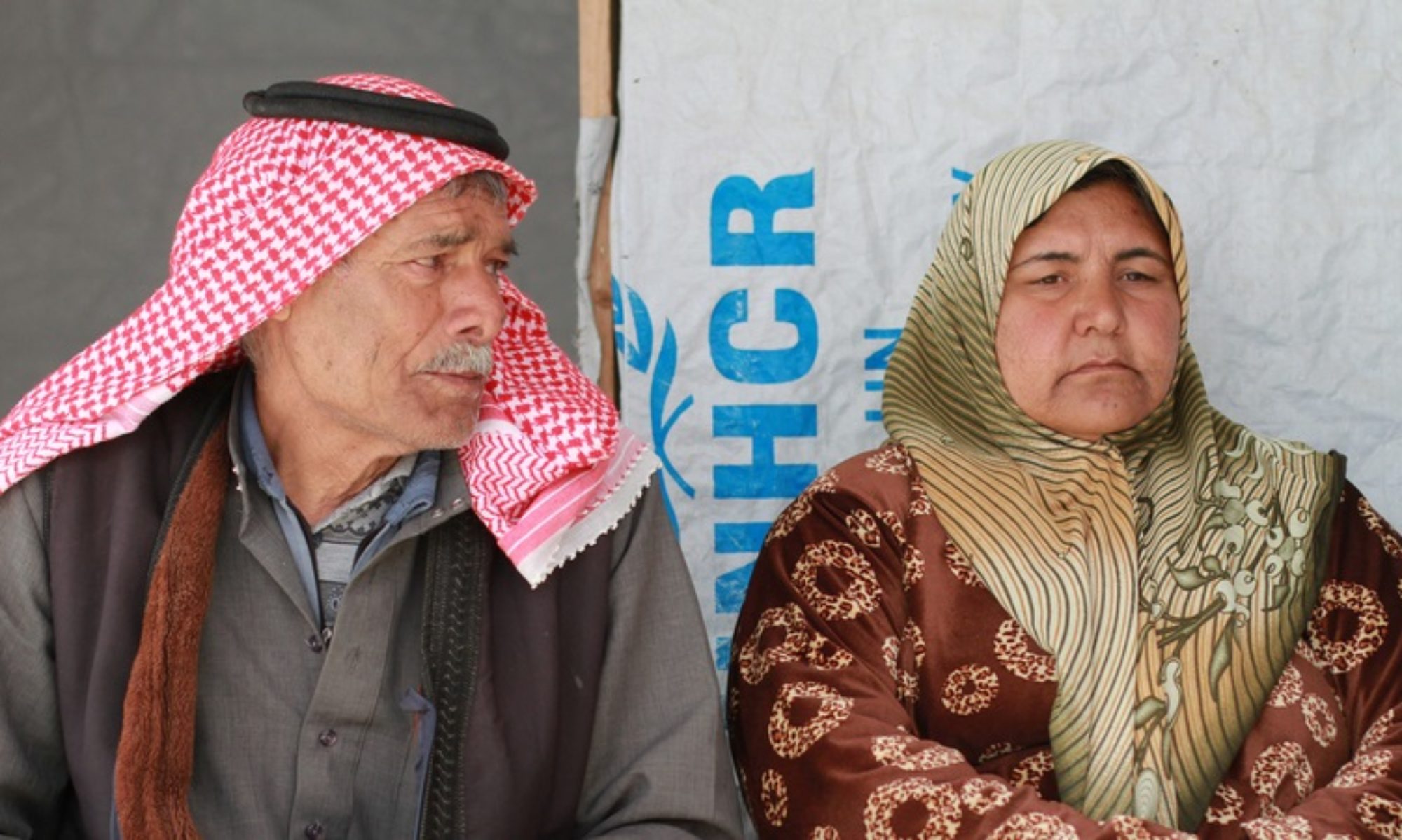“When we are no longer able to change a situation, we are challenged to change ourselves.”
― Viktor E. Frankl, Man’s search for meaning
What does homelessness do to a refugee’s soul? Important as this question is, it has been covered only quite obliquely by humanitarian or anthropological literature – often focusing on radicalization processes of migrant and refugee youth. The link between exile and religious faith is, however, very old, quite deep and extremely varied. As Alexandra Ocasio-Ortez recently reminded all who have ears, “Christ’s family were refugees, too”. Muhammad’s flight from Mecca to Medina, and the asylum he was granted there, marks the beginning of the Islamic calendar. An old platonic tradition affirms that truth is always a re-discovery, a return home from an exile in ignorance – propelled by the wings of desire. In Eastern and Western literature, the travels and travails of exile have long signified a path towards spiritual reaffirmation, growth or change.
Continue reading “The spiritual life of refugees”









